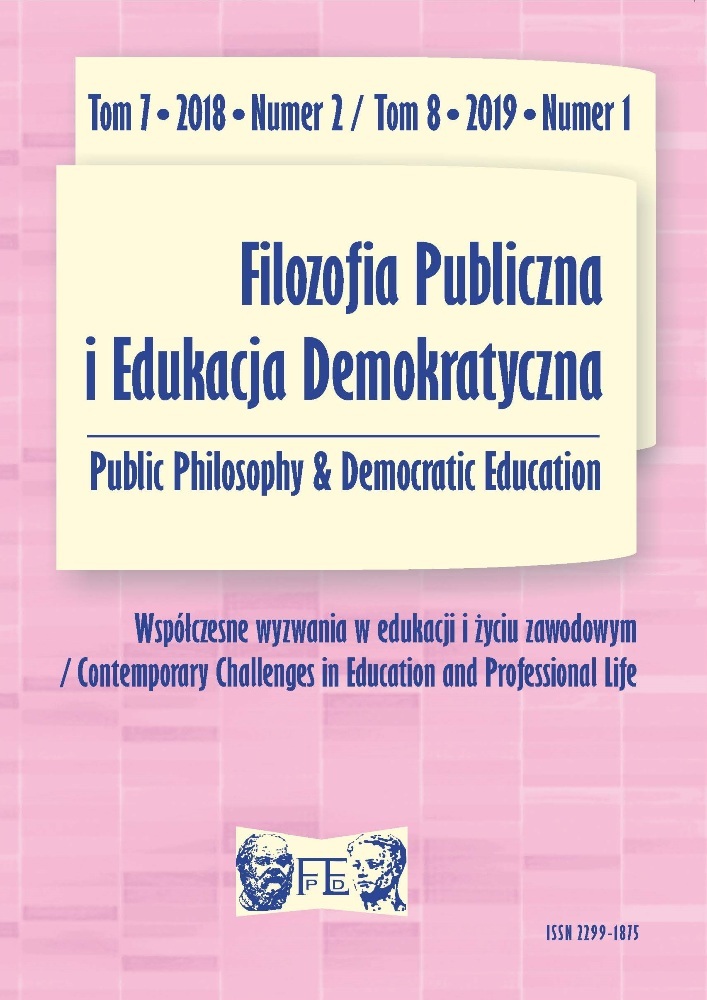Abstract
Postmodernism, which emerged in the 1960s, involves a wide range of fields and carries out all-round critical reflections on the foundation, tradition and other aspects of the development of modern civilization. Postmodern morality came into being with the popularity of postmodernism in western countries. It features obvious “de-universality” and provides a new mirror for reflections on modern morality. Its progressive significance cannot be ignored. However, some postmodern moral concepts are becoming increasingly relativistic, even going to extremes, bringing about disturbances to society. Tracing the root of moral relativism back to ancient times based on the great history of its development, this study first sorts out the same gene of ancient Western moral relativism – using “skepticism” as a weapon against authority and dogmatism, and points out that the key of using moral relativism lies in seeking the proper limit of “skepticism”. Then it draws forth the fact that postmodern morality started with “skepticism” and prevailed because of its “relativism”, pointing out that some postmodern morality moved toward moral relativism because of persistence in “skepticism”, while some fall into a state of moral nihility by radicalising “skepticism”. If a craftsman wants to do good work, he must first sharpen his tools. This study concludes with suggestions on how to use the “skepticism” of postmodern morality.
References
Bauman Z., Postmodern Ethics, trans. by Zhang Chenggang, Jiangsu People’s Publishing House, Jiangsu 2003.
Binkley L.J., Conflict of Ideals, trans. by Ma Yuande et al., The Commercial Press, Beijing 1983.
Bloom A., The Closing of the American Mind, trans. by Mu Qing et al., China Social Sciences Press, Beijing 1994.
Burke P., Montaigne, trans. by Sun Naixiu, China Social Sciences Press, Beijing 1992.
Harman G., “Moral Relativism Defended”, Philosophical Review 1975, vol. 84, no. 1.
Harman G., „Responses to Critics”, Philosophy and Phenomenological Research 1998, vol. 58, no. 1.
Hume D., A Treatise of Human Nature, trans. by Guan Wenyun and revised by Zheng Zhixiang, The Commercial Press, Beijing 2018.
Lukes S., Moral Relativism, trans. by Chen Rui, China Legal Publishing House, Beijing 2013.
Lyon D., Postmodernity, trans. by Guo Weigui, Jilin People’s Publishing House, Jilin 2004.
MacIntyre A., After Virtue, trans. by Gong Qun et al., China Social Sciences Press, Being 1985.
Nietzsche F., God Is Dead. Selected Writings of Nietzsche, trans. by Qi Ren, SDX Joint Publishing House Press, Shanghai 1989.
Plato, Plato Complete Works, vol. 1, trans. by Wang Xiaochao, People’s Publishing House, Beijing 2017.
License
Copyright (c) Authors retain copyright and publishing rights to their articles in this journal, granting the journal the right to distribute them under the terms of the CC BY-NC-ND 4.0

